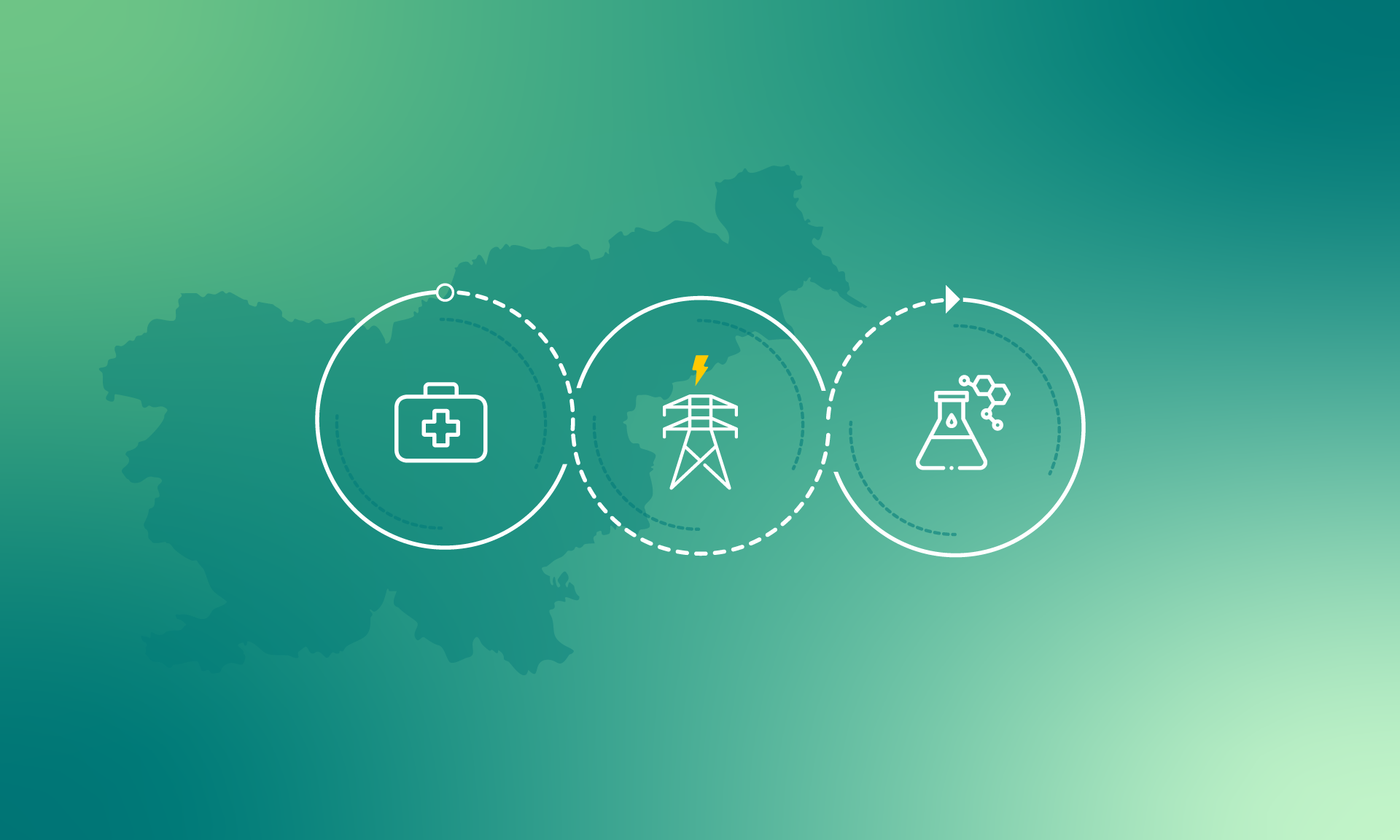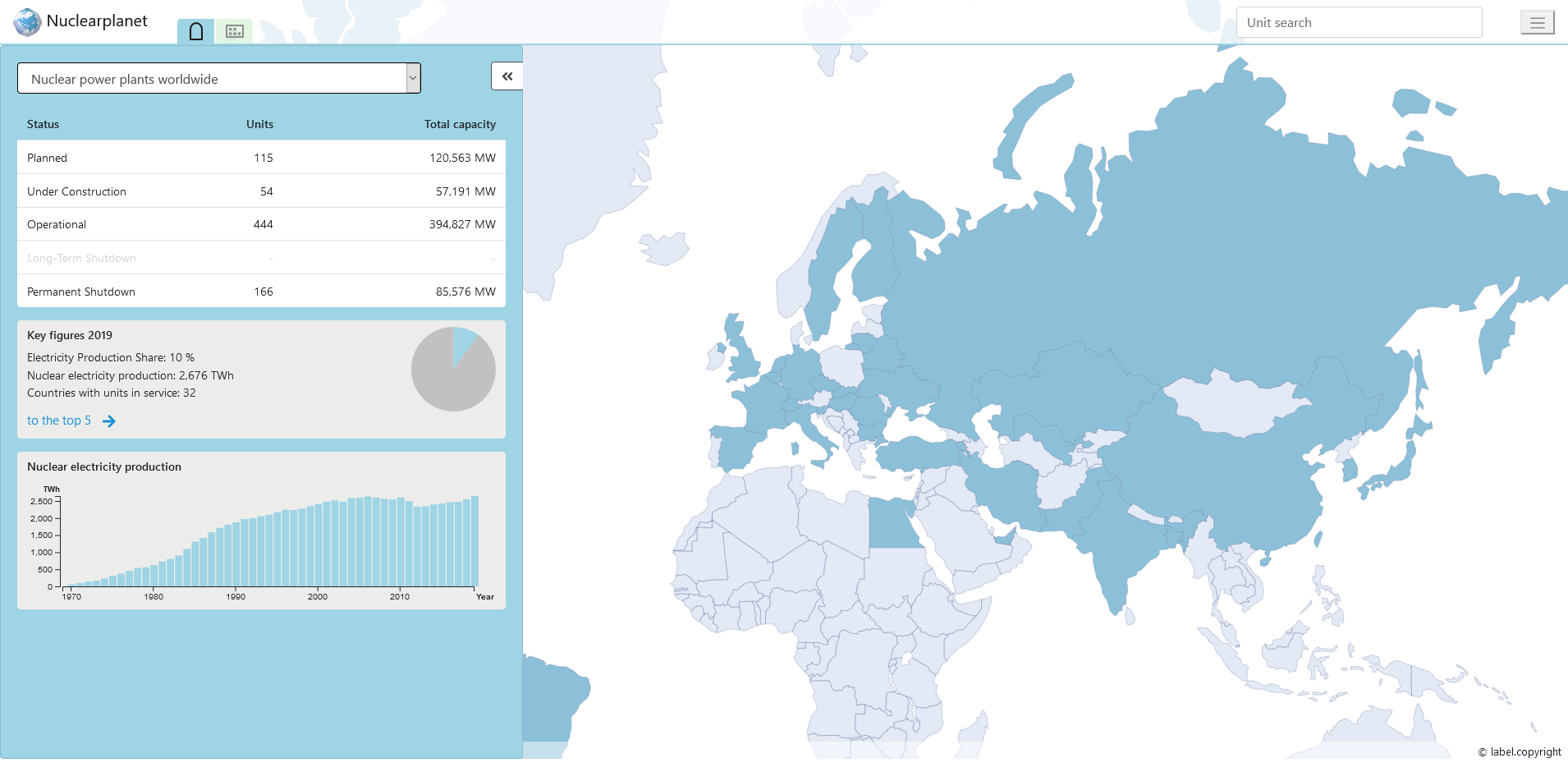Use of nuclear energy in Slovenia and around the world

Electricity as a key factor of development is one of the most important and most advanced forms of energy.
Electricity consumption around the world is increasing because of new technologies and production processes requiring electrical energy to operate, the electrification of heating and increased consumption of energy in traffic. The available sources of primary energy for producing electrical energy are limited. Based on the natural resources, hydropower is already intensively exploited and the use of fossil fuels is being abandoned. Even though exploitation of wind power and solar power is rising, they do not meet our needs.
Therefore, it is reasonable to take advantage of all the available renewable and low-carbon sources, and nuclear power holds an important position among them.
Security of electrical energy supply for the consumers is increasingly becoming a challenge to the national economies. Namely, electrical energy cannot be imported in unlimited quantities and therefore a high level of self-supply from the local energy sources is essential, one of them being nuclear energy.
Energy sources
Nuclear energy satisfies the needs of approximately 10% of the world’s needs for electrical energy and 25% in the EU.
At the end of 2020, 443 nuclear reactors operated around the world and approximately 80% of them in the developed countries. The position of the nuclear energy around the world is relatively stable. Asia and Russia invest heavily in new capacities and the USA focuses on the extension of nuclear power plants' operating period. New nuclear power plants in Europe are being built in Finland, Slovakia, France, Russia, Ukraine, Great Britain and Hungary.

One of the key reasons for extending the operating life of the existing power plants and the planning of new ones is the realisation that the problem of air pollution can be resolved by increasing the employment of nuclear energy, since it does not emit greenhouse gasses.
Permanent disposal of radioactive waste is becoming increasingly rational. Nowadays, most countries have already resolved the problem of permanent disposal of low and intermediate level radioactive waste. Soon, the first permanent disposal facilities of high-level radioactive waste (Finland, Sweden, USA, Japan, Russia, etc.) will be built, whereas spent nuclear fuel has been reprocessed for a while now.
In the production of electrical energy around the world, nuclear energy has held and will hold an important position. The same applies to the Krško Nuclear Power Plant, which will remain the central source of electrical energy for Slovenia and Croatia.
